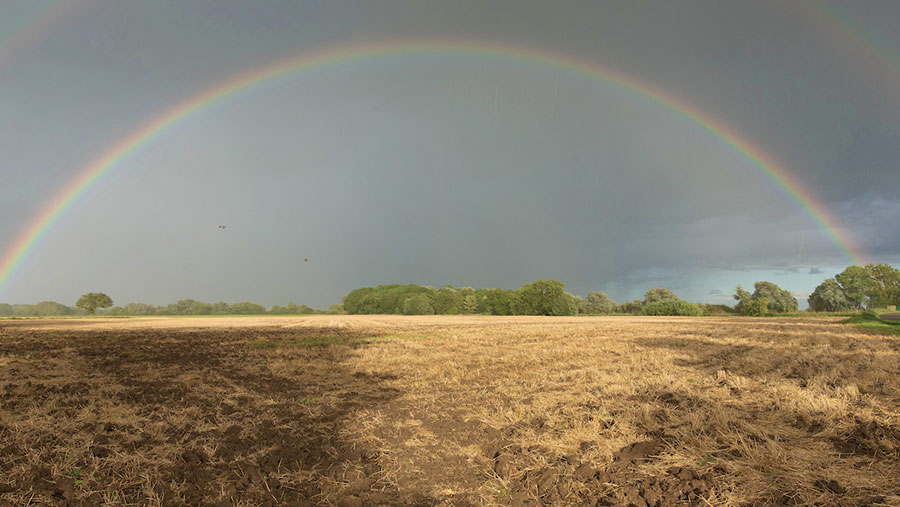FW Opinion: Stay in touch to support mental health
 © Tim Scrivener
© Tim Scrivener It has been suggested many times in recent weeks that farmers are in a relatively fortuitous position compared with those in urban areas, as lockdown continues to restrict the way we live.
They can carry on working, have more space around them and are even starting to feel appreciated by society.
But that is only part of the story, and the economic pressures that have come to bear on many farm businesses due to coronavirus have simply compounded what have already been very testing times, not least due to the vagaries of the British weather and the marketplace.
See also: Mental health support available to young farmers
About the author
 Phil Clarke
Phil Clarke
Executive editor, Farmers Weekly
Contact:
E: philip.clarke@reedbusiness.com
T: @FWphilclarke
Read more articles by Philip Clarke
Combined, these circumstances have presented real challenges to many in terms of their mental health – an issue that has had increasing exposure as the industry wakes up to the impact that rural isolation and financial insecurity can have on mental wellbeing.
This week has been Mental Health Awareness week, aiming to raise awareness of mental health problems and inspire action to promote best practice, this time under the theme of “kindness”.
Fortunately, within farming, there is no shortage of this, and there have been some great new initiatives, too.
In Somerset, for example, stakeholders have come together to launch the Somerset Mental Health in Agriculture Group, helping visitors to farms spot poor mental health in farming families.
Signs include a declining interest in their farms, a change in personal appearance, a tendency to negative thinking and withdrawing from friends and family. Difficulty in sleeping and decision-making are other key signs.
The National Federation of Young Farmers’ Clubs has also stepped up to the plate with its Take Time toolkit.
This online resource suggests seven different ways farmers can help improve their mental wellbeing, including exercising, staying connected and recognising when it is time to take a break.
The key message, of course, is to keep in touch, look out for each other and talk.
This is what we said at the start of the coronavirus lockdown in March. We make no apologies for saying it again now.
